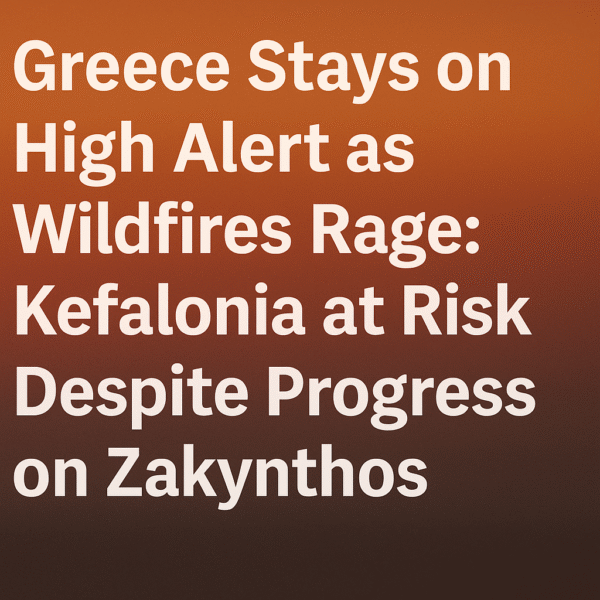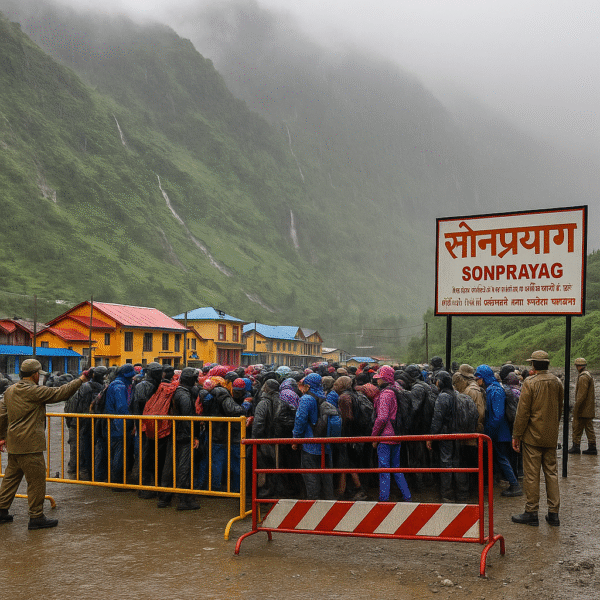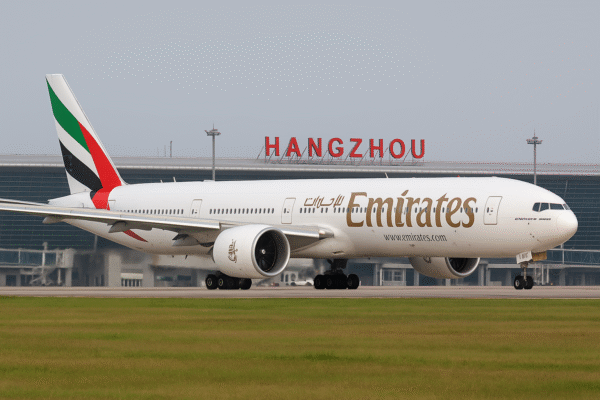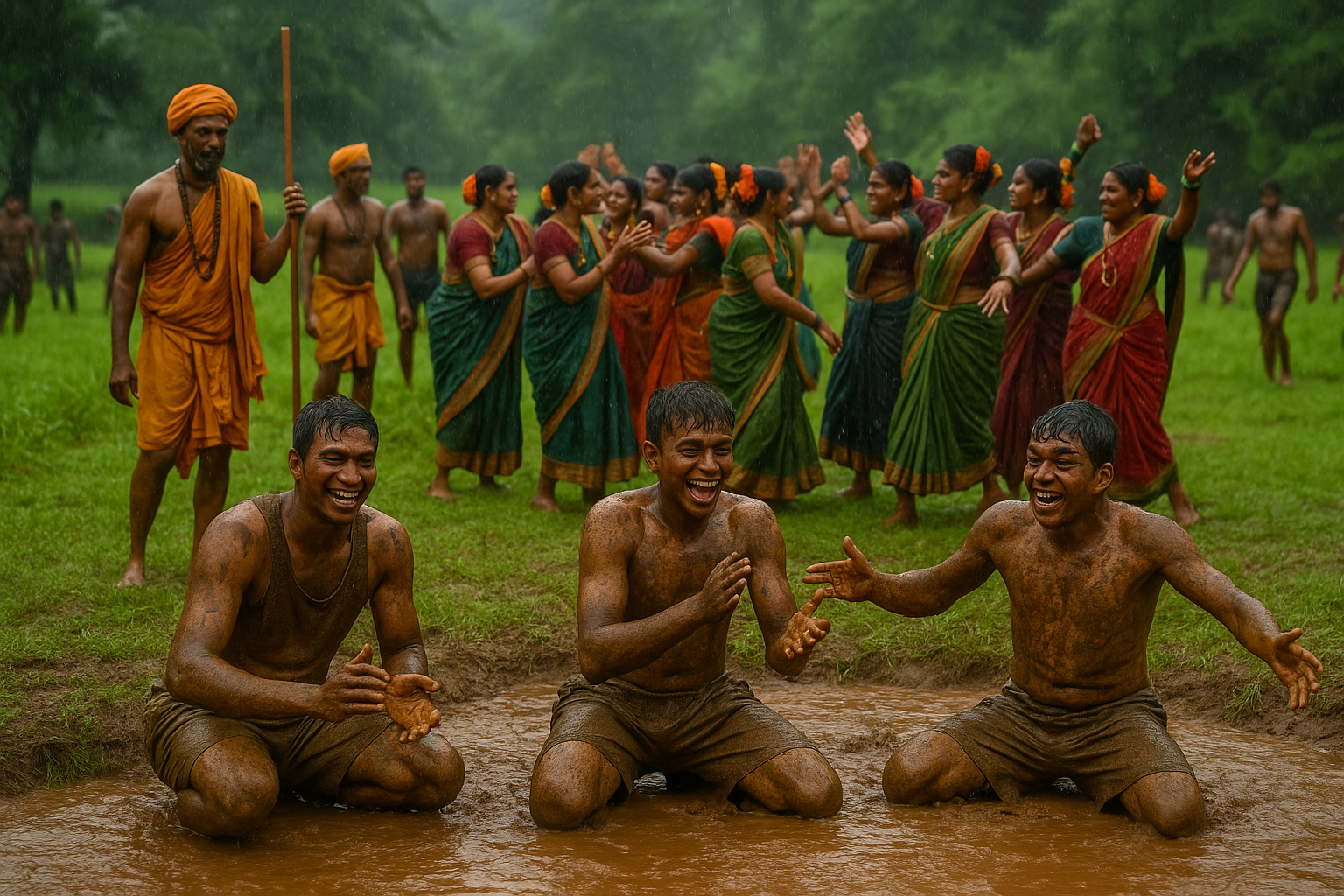Goa, long admired for its idyllic beaches, colonial architecture, and vibrant nightlife, offers visitors an even deeper cultural experience through its rich and ancient festivals. In 2025, the spotlight shines brightly on the Chikhal Kalo Festival, one of the most authentic and spiritually enriching events in the Goan calendar. Held in the lush villages of Goa, particularly in the north-central parts of the state, the festival invites travelers to experience the region’s agrarian traditions, folk arts, and communal harmony firsthand.
Unlike mainstream beach events, the Chikhal Kalo Festival brings to life the very essence of Goa’s connection to the land, traditions, and community. For tourists seeking more than just scenic sunsets and seafood, this festival offers an unforgettable immersion into Goa’s soul.
What is the Chikhal Kalo Festival?
Derived from the Konkani words “Chikhal” meaning mud and “Kalo” referring to play or sport, the Chikhal Kalo Festival is a symbolic homage to the earth’s fertility and the agrarian way of life that defined Goa for centuries. It typically takes place after the first monsoon showers, a time when the soil is rich, wet, and ideal for cultivation.
Celebrated mainly in the village of Marcel (Marcela) in North Goa’s Ponda taluka, the festival honors Lord Krishna’s childhood, where boys re-enact his playful mud games. The event blends spirituality with fun, where devotees and villagers gather to perform rituals, mud games, dance, and traditional songs to express gratitude for the season’s bounty.
Cultural Highlights of Chikhal Kalo 2025
1. Spiritual Ceremonies and Ritual Offerings
The day begins with an auspicious prayer ceremony at local temples, particularly the Devaki Krishna Temple, where priests and devotees invoke divine blessings for prosperity and health. The soil is consecrated and rituals are held to celebrate nature and its nourishing power. This grounding spirituality sets the tone for the rest of the vibrant festivities.
2. Energetic Folk Dance and Music
Folk performances including Fugdi, Dhalo, and Ghumat Aarti are performed by both women and youth groups dressed in colorful traditional attire. Local musicians use age-old instruments like Ghumat, Dhol, and Taso to fill the air with rhythmic beats. These performances aren’t mere displays—they’re cultural rituals passed down generations, echoing the spiritual and communal values of Goa.
3. Playful Mud Games
Perhaps the most captivating part of the festival is the mud play, where men and boys of the village dive into slushy fields to engage in friendly mock battles, tug-of-war, and group games. The spectacle draws cheers from bystanders and tourists alike and symbolizes unity, equality, and joy.
Showcasing Goan Arts, Crafts, and Cuisine
The Chikhal Kalo Festival is also a treasure trove for lovers of authentic Goan crafts and cuisine. Artisans set up stalls showcasing handcrafted pottery, intricate crochet work, local jewelry, and paintings depicting mythological and pastoral life.
No festival in Goa is complete without its legendary food. Traditional Goan dishes such as Xacuti, Sannas, Sorpotel, Bebinca, and Fish Thali are served at food stalls and community feasts. Vegetarians are also welcomed with regional plant-based delicacies made using jackfruit, bamboo shoot, and coconut.
What’s New in Chikhal Kalo 2025?
According to the Goa Tourism Development Corporation (GTDC), the 2025 edition of Chikhal Kalo will be more inclusive, with:
- Special cultural zones for international tourists to observe rituals respectfully.
- Multilingual guides to explain the festival’s history and spiritual significance.
- Live craft demonstrations by Goan artisans.
- Green tourism efforts, including biodegradable cutlery and waste segregation.
Travel Tips for Festival-Goers
- Timing: The festival typically takes place in July, but check GTDC’s official calendar closer to the event.
- What to Wear: Lightweight cotton clothes and waterproof footwear are ideal. If participating in mud games, wear old clothes.
- Stay Nearby: Book accommodations early in Panaji, Ponda, or nearby villages like Marcel.
- Local Transport: Buses and motorbike taxis are the best way to reach rural venues.
- Respect Rituals: Photography may be restricted during temple ceremonies—always ask before clicking.
Why You Shouldn’t Miss It
The Chikhal Kalo Festival offers something rare in today’s fast-paced tourism: authentic cultural depth. Whether you’re fascinated by folk rituals, interested in agrarian traditions, or simply wish to experience a different side of Goa, this festival delivers on every front. You’ll leave not only with photos and souvenirs but with a genuine sense of connection to Goa’s land and people.
For those seeking to go beyond the beaches and bars, Chikhal Kalo 2025 is your perfect cultural pilgrimage.
Conclusion
Goa’s Chikhal Kalo Festival 2025 promises to be more than just an event—it’s an awakening of the senses and spirit. From mud-splattered laughter to rhythmic folk beats and savory local cuisine, it invites every traveler to connect with the earth and heritage of Goa.
Whether you’re a solo adventurer, a cultural enthusiast, or a family looking for a unique getaway, mark your calendar for mid-2025 and let the muddy magic of Chikhal Kalo awaken your inner wanderer.
Image Alt Text for AI-Generated Image Request (600x400px):
“Local villagers celebrating Chikhal Kalo Festival 2025 in Goa with mud games, folk dance, and traditional rituals in a green monsoon field setting.”
For more travel news like this, keep reading Global Travel Wire
















